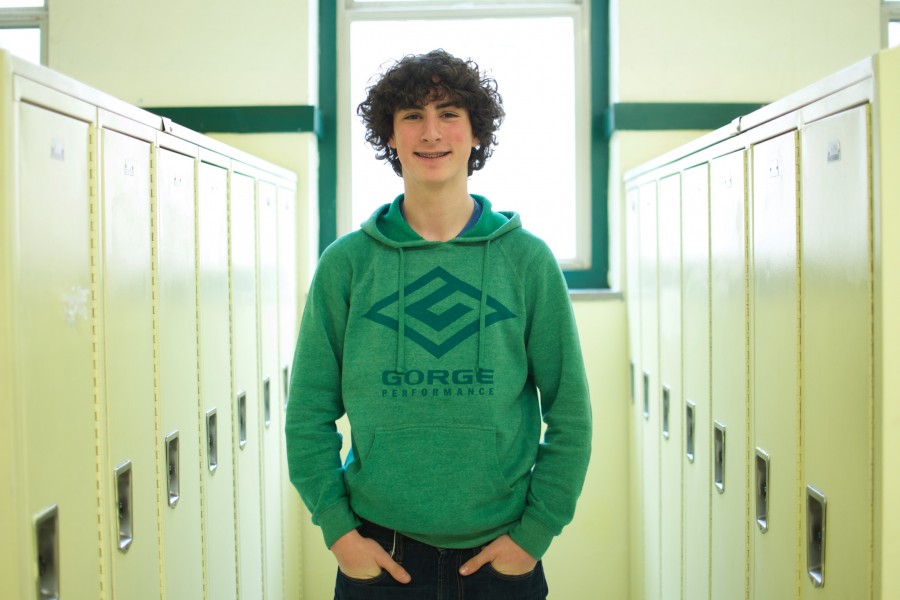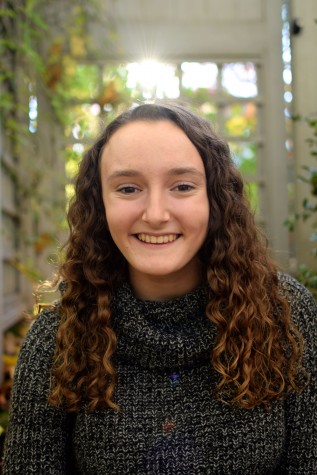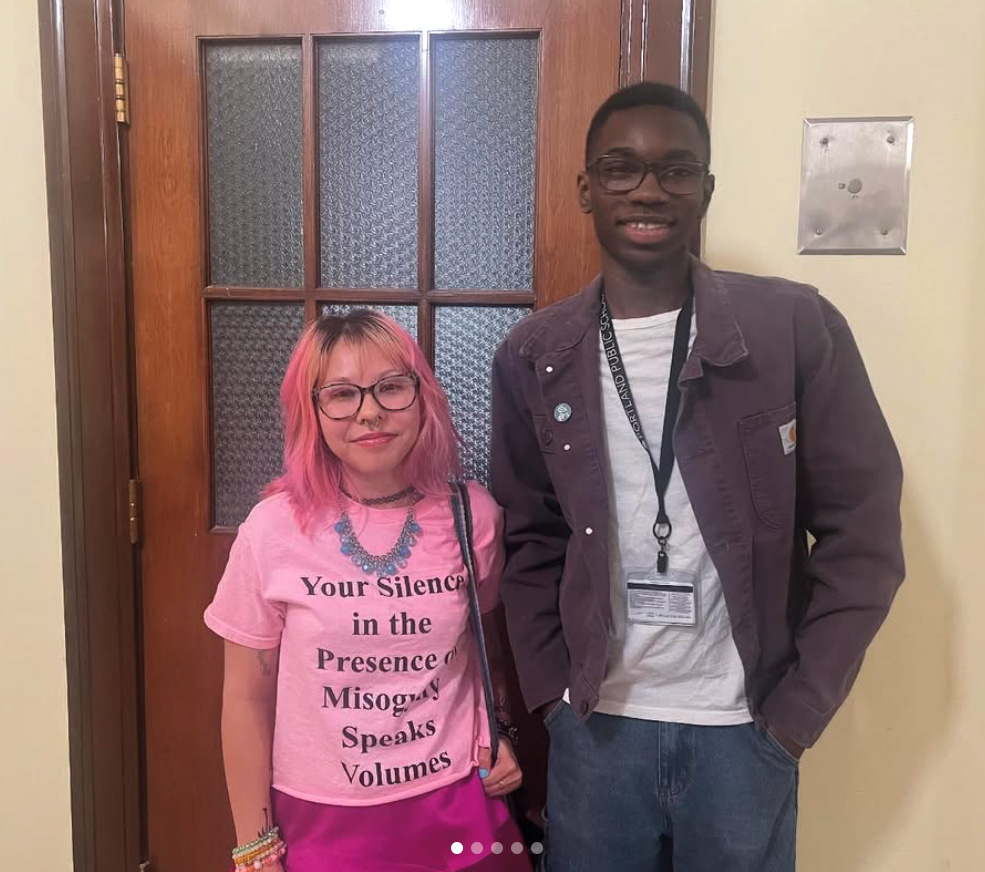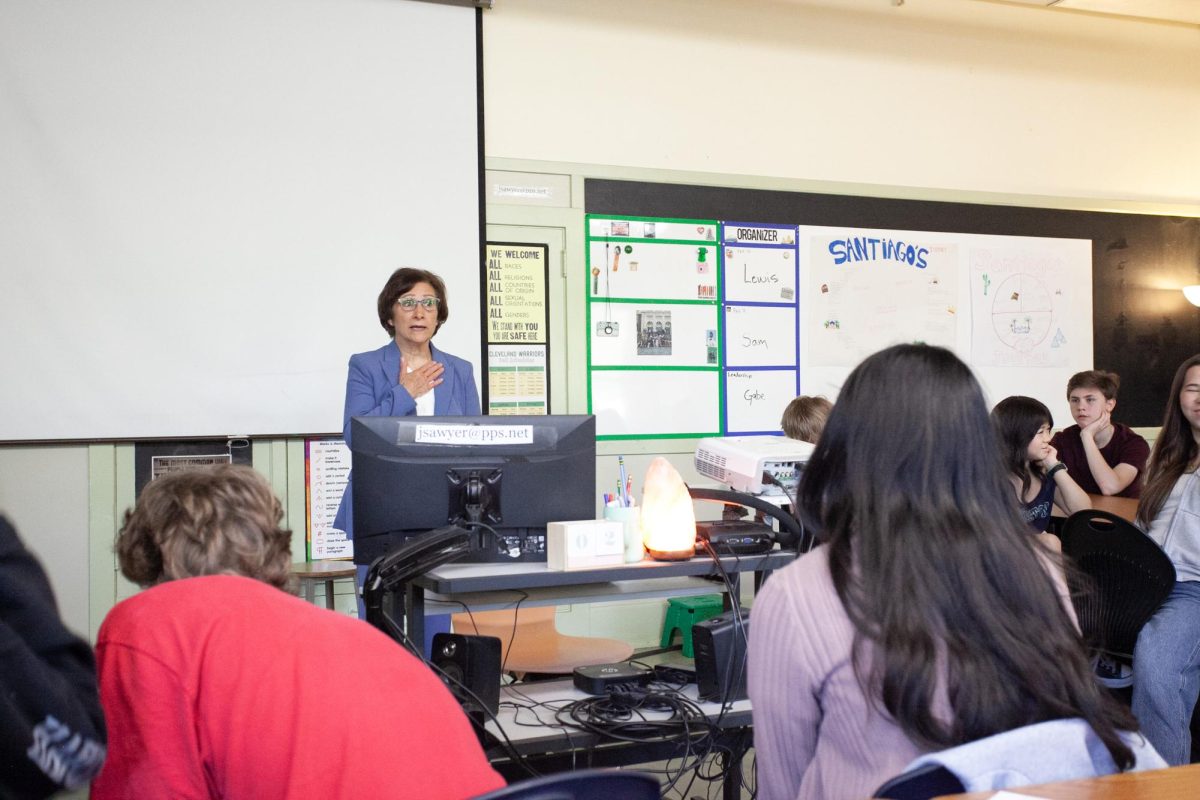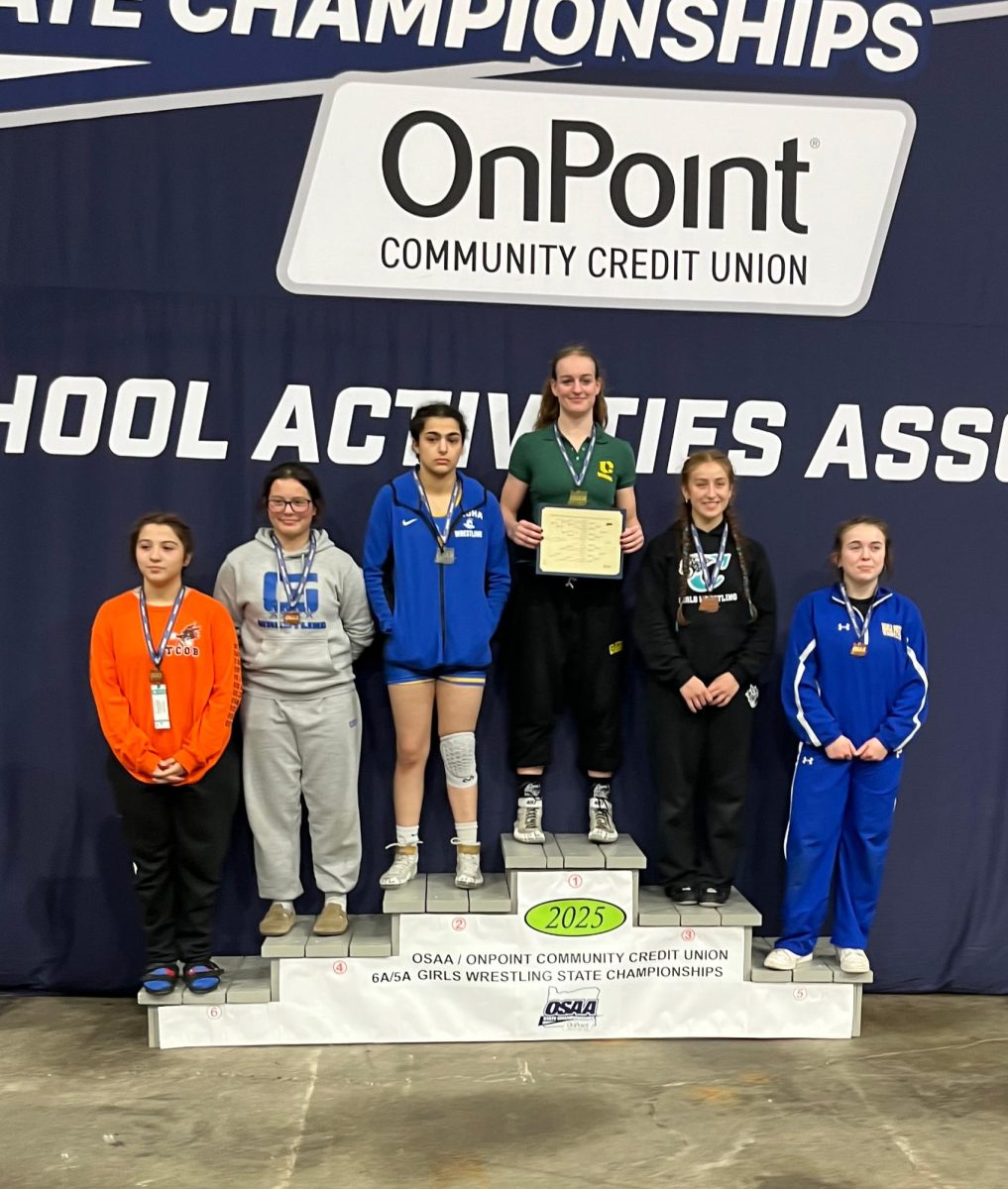100 Warriors: Will Heins, Sophomore
S.A.R. – Sophomore Will Heins is devoted to helping through Multnomah County Search and Rescue. meg Matsuzaki photo.
January 19, 2016
Sophomore Will Heins doesn’t sleep in on Saturdays. He often wakes up at 4 a.m, grabs a pack filled with food, water, and warm clothes, and heads off to hike for more than 20 hours.
Heins participates in Search and Rescue, a program for high school students and adults to aid in the search of lost hikers. “We are the people that 911 calls when you are lost or a family member is lost,” Heins said.
The program requires one year of intensive training which consist of weekly meetings in the first stages, physical training, mock searches, and eventually real searches. Heins learned about Search and Rescue through senior Saylor Neher, who began Search and Rescue over a year ago and knew Heins is interested in medicine and adventuring in the backwoods.
Heins explained some of the training process. “We get medical training in case we come across a subject who needs medical treatment before we can get them out or to a hospital. we need to be able to get them food, water, and make a fire and shelter even if it’s pouring down rain.” Although there is a physical aspect, Heins explained that there was less intense training than he expected. “We have people of all different shapes, sizes, and physical fitness who are very successful and enjoy it,” Heins said.
Oftentimes, Heins and his team hikes for 24 hours during the search. Besides physical fitness, a strong mindset is necessary throughout the rescue search. “When I started going, the mindset was intense. At one point I looked at my watch and saw that it was 1:30 in the afternoon and I’d been hiking since 6:30 in the morning. Then I realized I had over 12 more hours of hiking in the pouring down rain with my heavy pack on,” he said.
Heins’ favorite searches are active searches, where the subject is mobile and looking for help.
He told the story of his first active search:
“We started our training unit at 5:00 that morning at the gorge and we were supposed to hike until 2 or 3 the next morning. At about 4:30 in the afternoon my team called in and our leaders told us that we were going to be diverted from our mock subjects and instead we now have a live search. We immediately booked it down to this new trailhead to find this subject. It was raining all day and night and it was pitch black. After about two hours, we finally found the subject. She was walking towards us on this ridge. It was a little bit difficult to assess if she was really ok or not because she was wet, cold, and hypothermic, but we were able to hike her out, which took about six hours. It was 12:30 when we finally got her safe and warm,” he said.
In the five months that Heins has participated in Search and Rescue, he has gained mental and physical strength, plus it has been a very “rewarding” experience. “Search and rescue has shown me that I can push myself with my mentality and physical fitness,” he said. “Somewhere inside me there’s a second wind and I just have to pick it up and go from there.”



